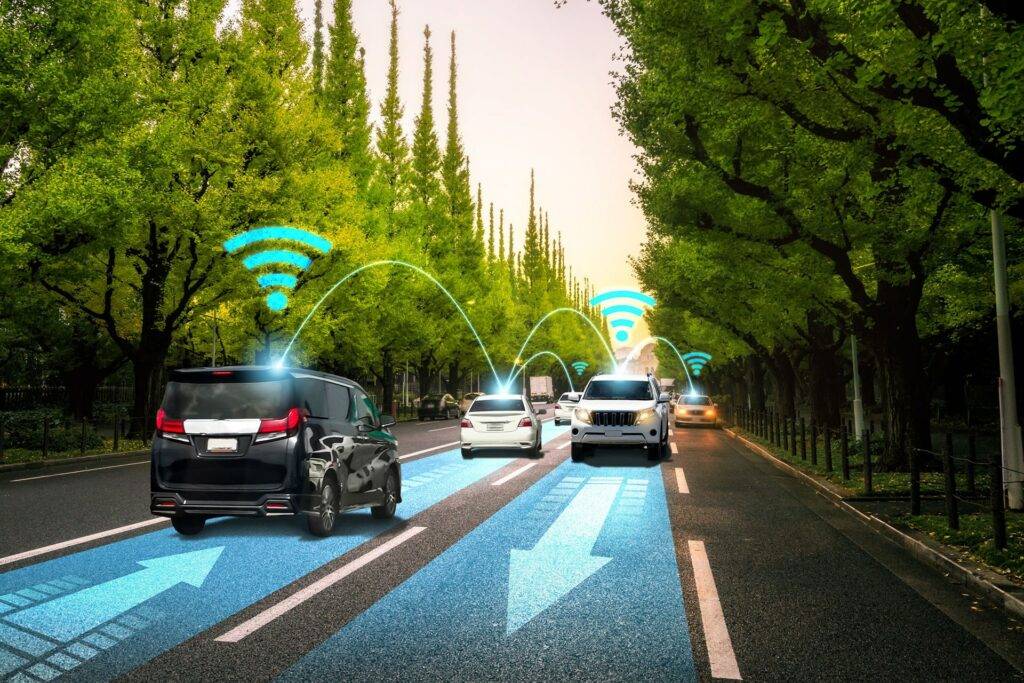In recent years, the automotive industry has been witnessing a remarkable transformation. With the rise of electric vehicles, autonomous driving technology, and smart connectivity, the future of autos and vehicles is poised to be sustainable, connected, and revolutionary. This article delves into these innovations and their potential impact on the automotive landscape.
Electric Vehicles: The Sustainable Revolution
Electric vehicles (EVs) have emerged as the most promising solution to reduce carbon emissions and combat climate change. As governments worldwide set ambitious targets to phase out fossil fuel-powered vehicles, EVs are rapidly gaining popularity. The advancements in battery technology, charging infrastructure, and affordability have made EVs a viable option for millions of consumers.
The future of electric vehicles seems bright, with continuous improvements in battery range, faster charging capabilities, and reduced costs. As more automakers invest in EV development, we can expect a diverse range of models and designs, catering to various consumer needs.
Autonomous Driving: The Road to Self-Driven Future
Autonomous driving technology, also known as self-driving cars, has been a topic of fascination for decades. With significant progress made in recent years, we are on the cusp of a revolution in personal transportation.
Autonomous vehicles use a combination of sensors, cameras, and advanced algorithms to navigate roads safely and efficiently. While fully autonomous vehicles are still in the testing phase, many cars already feature semi-autonomous driving features like adaptive cruise control and lane-keeping assistance.
As the technology matures and regulatory frameworks are established, autonomous vehicles have the potential to drastically reduce traffic accidents, improve mobility for the disabled, and increase overall road efficiency.
Smart Connectivity: The Interconnected World of Vehicles
The rise of the internet of things (IoT) has led to the integration of smart connectivity in modern vehicles. This technology allows cars to communicate with each other, infrastructure, and other devices, enhancing safety, convenience, and efficiency.
Features such as real-time traffic updates, remote diagnostics, and over-the-air software updates are already available in many new vehicles. In the future, smart connectivity will enable seamless integration with smart cities, optimizing traffic flow, and reducing congestion.
Shared Mobility and Ride-Hailing: Redefining Personal Transportation
The rise of ride-hailing services like Uber and Lyft has disrupted the traditional automotive industry, challenging the conventional concept of vehicle ownership. With shared mobility, consumers can access transportation services on-demand without the need to own a car. This shift towards shared mobility has significant implications for the future of autos and vehicles.
As autonomous vehicles become more prevalent, ride-hailing services will likely transition to autonomous fleets, further reducing the need for personal car ownership. This could lead to a decline in the number of vehicles on the road, resulting in decreased traffic congestion and environmental benefits.
The Role of Governments and Policies in Shaping the Future
Governments play a crucial role in shaping the future of autos and vehicles by implementing policies and incentives that encourage the adoption of sustainable and innovative technologies. Policies such as tax credits for EV purchases, infrastructure investments for charging stations, and regulatory frameworks for autonomous vehicles can significantly influence market growth.
Moreover, governments must address concerns related to data privacy, cybersecurity, and job displacement due to automation in the automotive industry. Collaboration between governments, automakers, and tech companies will be essential to ensure a smooth transition to the future of autos and vehicles.
In conclusion, the future of autos and vehicles is poised to be sustainable, connected, and autonomous. Electric vehicles, autonomous driving technology, smart connectivity, shared mobility, and supportive government policies will shape this exciting new era in personal transportation. As we embrace these innovations, we can look forward to a future that is cleaner, safer, and more efficient for all.
Furthermore, the convergence of these advancements in the automotive industry will have far-reaching effects on various aspects of our lives. Some additional implications of the future of autos and vehicles include:
Urban Planning and Infrastructure: As autonomous vehicles become more common, cities will need to adapt their infrastructure to accommodate the needs of these vehicles. This may involve redesigning roads, creating dedicated lanes for autonomous vehicles, and investing in smart traffic management systems.
Job Creation and Skill Development: While the rise of autonomous vehicles may lead to job displacement in certain sectors, it will also create new job opportunities in areas such as software development, artificial intelligence, and electric vehicle maintenance. Governments and educational institutions must invest in reskilling programs to help workers transition to these new roles.
Mobility for All: Autonomous and electric vehicles have the potential to revolutionize mobility for individuals with disabilities, the elderly, and those living in rural areas with limited public transportation options. This could lead to increased independence and a better quality of life for these groups.
Impact on Energy Sector: The widespread adoption of electric vehicles will have a significant effect on the energy sector, as the demand for clean energy sources will increase. This will require a shift towards renewable energy generation and the development of more efficient energy storage solutions.
International Collaboration: As autonomous and electric vehicles become a global reality, international cooperation will be essential to establish common safety standards, regulatory frameworks, and environmental guidelines. This collaboration will ensure the safe and responsible development and implementation of these technologies across borders.
In summary, The Future of Autos & Vehicles: A Sustainable and Connected Journey.As we embrace these innovations, it is crucial to consider their impact on various aspects of our lives and work together to create a sustainable, connected, and accessible future for all.
The Future of Autos & Vehicles: A Sustainable and Connected Journey




No comments yet
Be the first to share your thoughts!